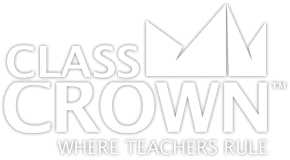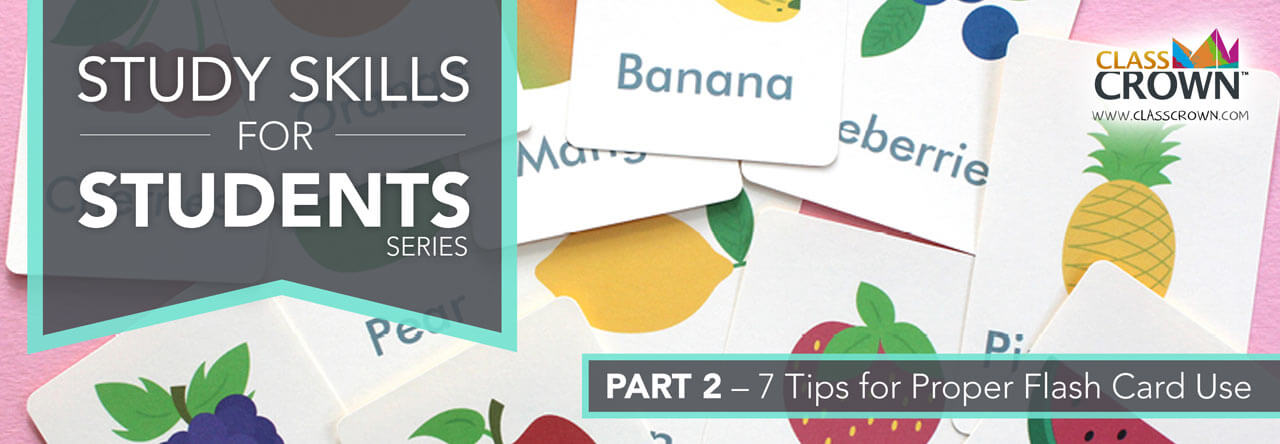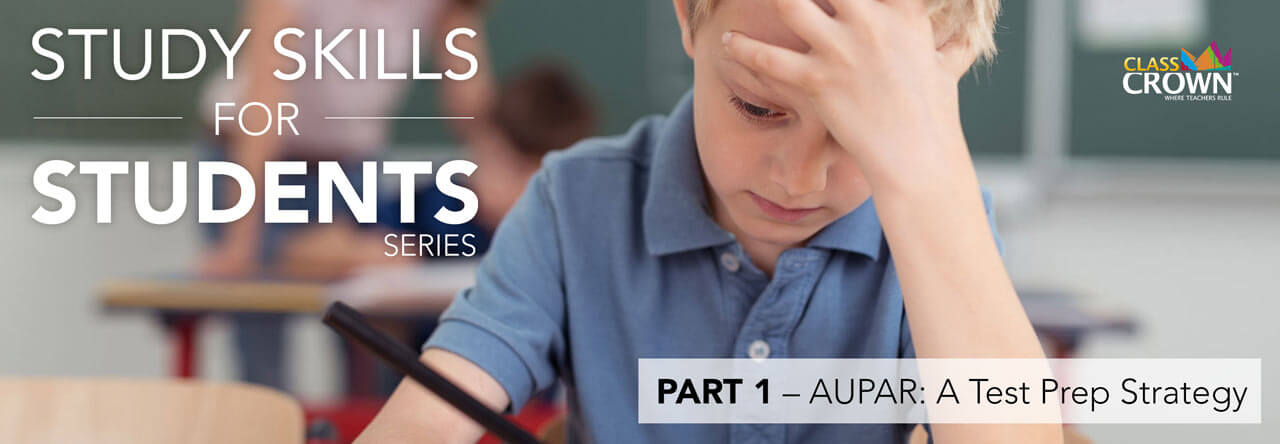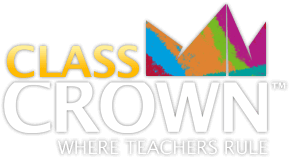
Oftentimes, teachers feel as though their district, the state, or even the nation sets their goals. The pressure for schools and districts to meet national standards in the common core means that teachers often have their “goals” handed down to them in the form of curricula and scope and sequence. It is easy for teachers to get lost in the pressure of these demands, but if we are to be effective math teachers, it is important to keep our real goals as math teachers in mind. Let’s talk about 3 basic goals of an effective math teacher.
- Instill a love for learning and math
If you’ve been teaching for any considerable length of time, you’ve heard it time and again: “I’m not good at math” or “I’m just not a math person.” Many children, for one reason or another, develop a distaste for math at a young age. To some it is tedious and disinteresting. To others it seems pointless and unnecessary. To another group it is downright baffling.
Continue reading





